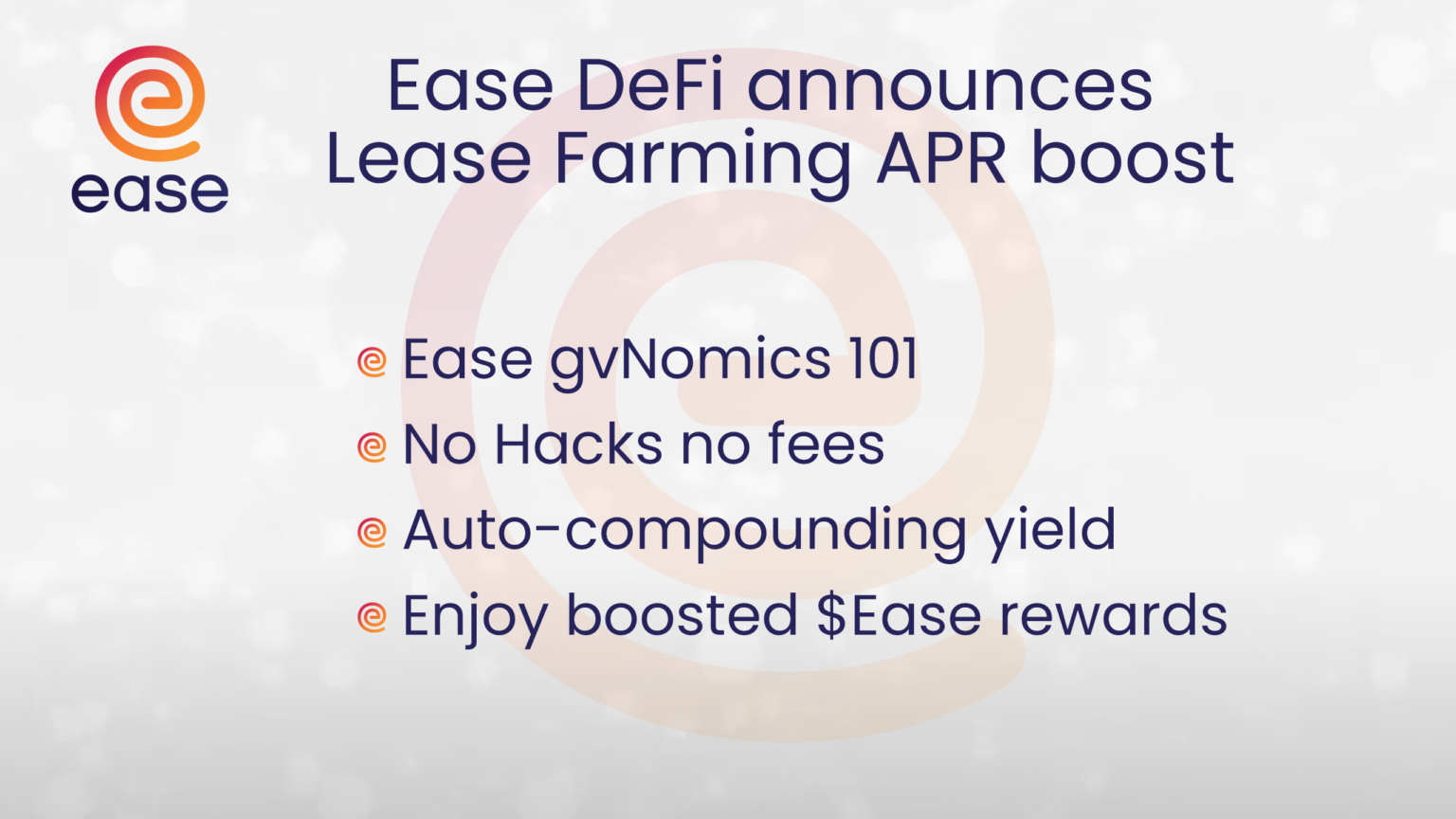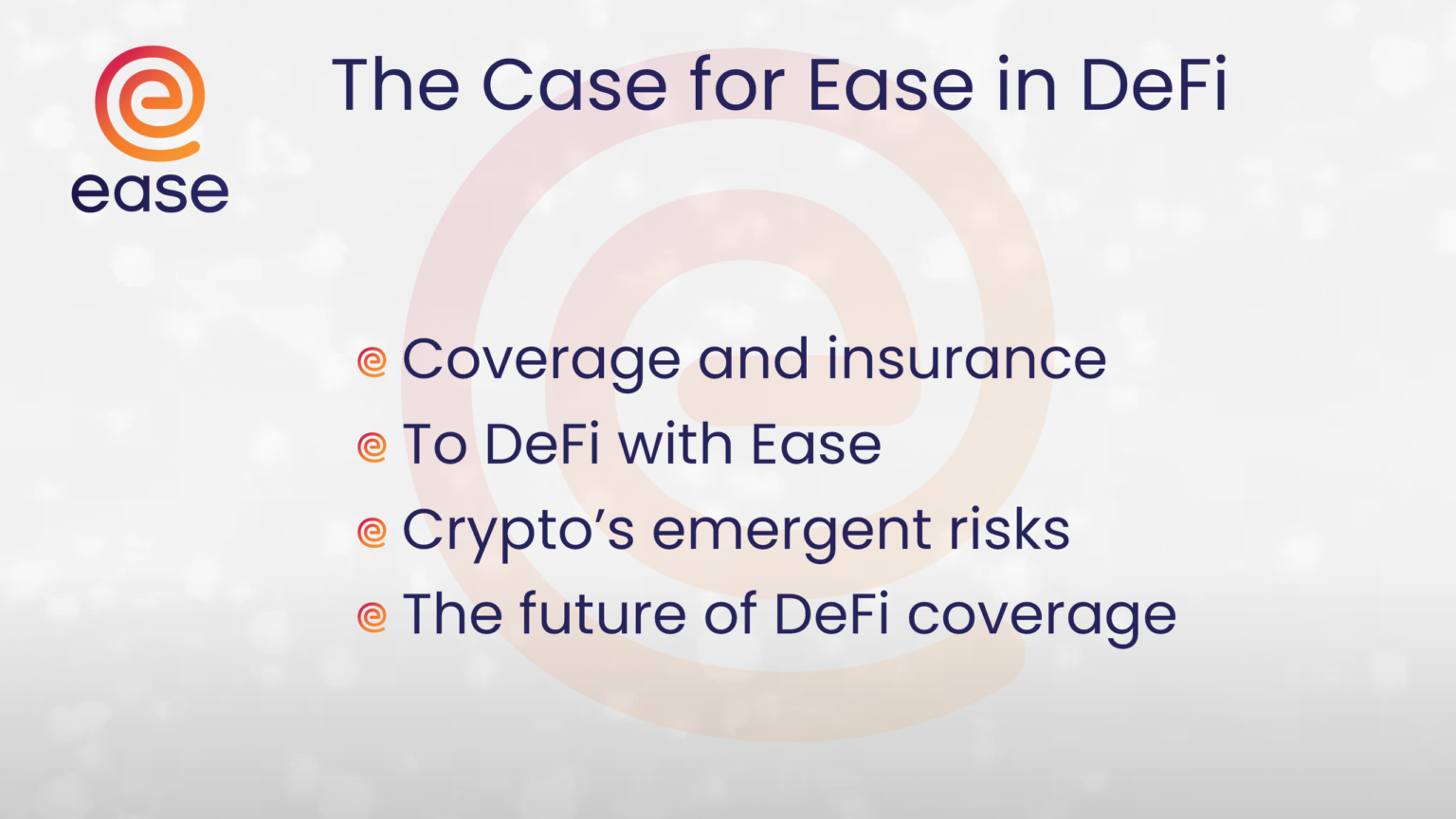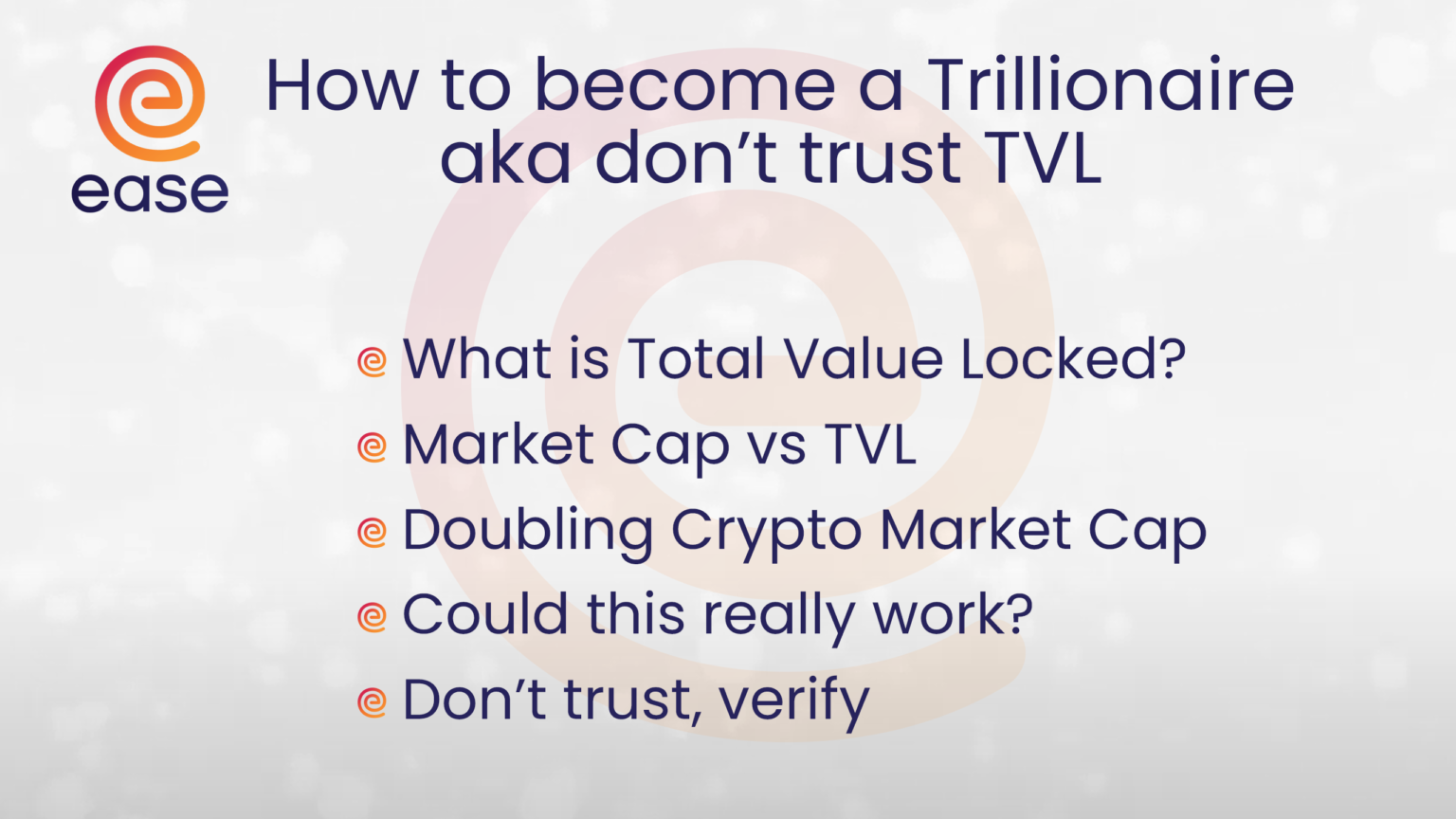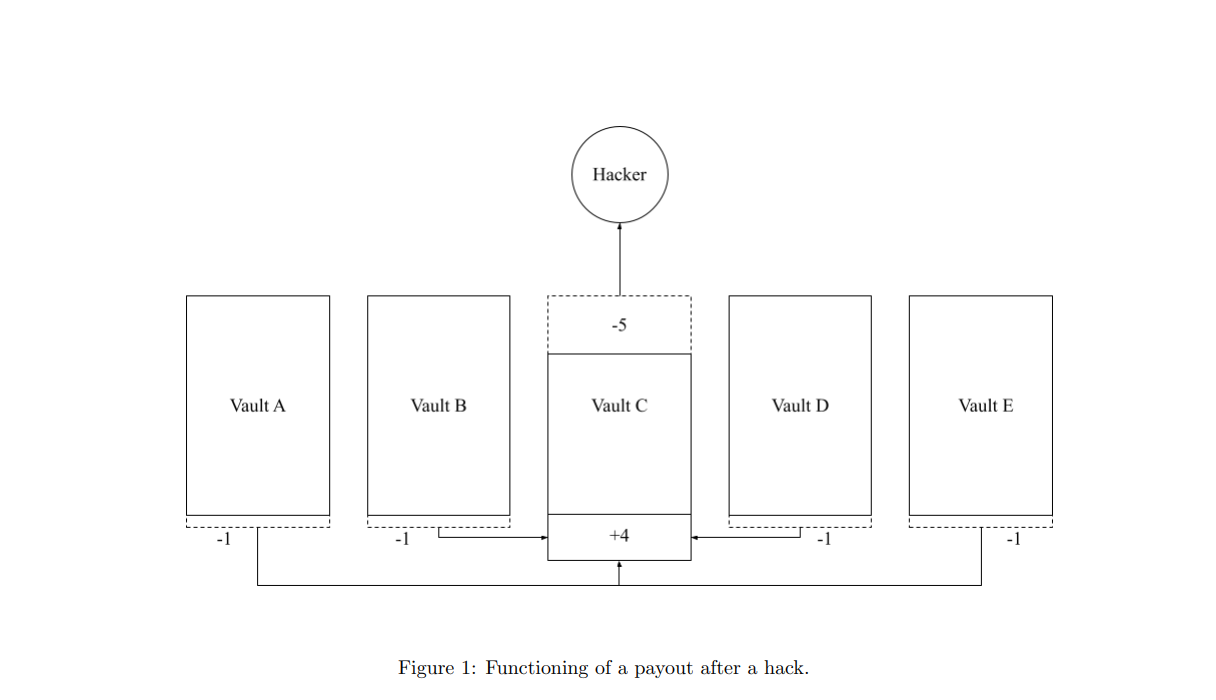Reciprocally Covered Assets - The Future of DeFi Coverage?Coverage in crypto is a bit weird topic. Most crypto newcomers are pursuing "financial freedom", interpreting it as "increased income". Crypto is mostly famous for its very high risk and, consequently, high rewards, so people are rushing for the mad gains, "landing on the moon with lambos"... and most people lose their money fast. Those who hit gold with an insanely risky investment in a token that appeared just minutes ago serve as an example that getting rich fast is nevertheless possible.
Very few people are entering crypto with a proper risk management and even fewer have the idea to insure their assets in some way and get coverage where possible. The main reason is the lack of risk-oriented culture in crypto's mainstream image, but the next big reason is that coverage is goddamn expensive. Right? We enter crypto to make risky investments and collect huge gains, not to pay premiums for insurance!?
The few people who explore coverage options are usually experienced investors, coming from the world of Traditional Finance. The TradFi world offers financial instruments that have been utilized for thousands of years and we've grown all too familiar with them - so much so, that we no longer can clearly see their flaws. The majority of developers in crypto are no exception - despite all the world-changing innovations in crypto every single day, up to now the sector of DeFi coverage has been content just to copy-paste the TradFi coverage model in the world of crypto and DeFi.
However, when you try and do that, all the flaws of the TradFi coverage model become glaringly obvious as it just can't be made to fit the out-of-this-world innovations in DeFi.
So let's dive in the problem, and let's compare the TradFi model and the only crypto-native reinvention of coverage up to this date, called Reciprocally Covered Assets.
The TradFi modelAccording to Investopedia, the first insurance concepts have been articulated in the Babylonian king Hammurabi's Code. Since then, these basic concepts haven't seen any major evolution in their fundamental principles and it all boils down to this:
- You pay monthly premiums for something that may or may not happen.
- You pay the premiums to somebody else (the insurer/underwriter), who essentially adopts the risk you want to run away from.
- If the bad thing happens, this entity will take all the loss.
- If nothing bad happens... you paid money for something you didn't need in the end.
- So, in effect, fear costs you money.
Of course, this model is not evil. It's obviously flawed and very limited, but it worked for thousands of years. So, it's definitely bad, but we made it thus far thanks to this financial tool. Question is - can it serve us any further?
The answer is no. The TradFi coverage model was deemed adequate by an inherently flawed and doomed to failure fiat financial system. Before that, it served a primitive financial system of physical money and stores of value. So it's easy for a flawed financial tool to fit the low standards of a primitive system. Today, the world has evolved to never before seen levels of inter-connectivity, globalization and sophistication of daily and commercial life. Cryptocurrency and DeFi are the dawn of the New World - the incorruptible language of value and decentralization.
The new dimensions of riskSince freedom is the ultimate risk, DeFi brings many new vectors in this regard:
DeFi is characterized by it's occasional hacks. Interesting thing is, we can't remove hacks from the sector, namely because crypto is build on dynamic and constant innovation. Hacks play an integral and necessary part in crypto innovation and evolution. Constant innovation means ever newer risks, that cannot be truly assessed, nor truly priced.
That's why these risks have been called emergent risks - a bad thing that nobody can assess, price or anticipate. When a standard DeFi coverage protocol underwrites (assesses the risk of) a given protocol to be covered, nobody in the world can tell if the monthly premiums you'll pay are adequate. They may be way too expensive, which means you're being ripped off. They may be way too cheap, in which case the whole underwriter itself is put in risk of liquidation, because the delicate balance of minimization of losses and maximization of consistent gains gets violated. And that's something the heavily leveraged coverage protocols of today can't handle without risking insolvency themselves.
With DeFi's current TVL, we are in a situation where coverage protocols themselves are in the dark. They simply don't have the capacity to continue covering DeFi's emergent risks - this is the common opinion of all major coverage protocols, shared by their respective spokespersons on the Secureum’s TrustX panel at the DevConnect event in Amsterdam, 4/22/2022. In this current bearmarket we observe hacks are becoming less frequent, but their impact increases. If this trend continues, it's a matter of time before coverage protocols with TradFi underwriter models are wiped out one by one.
The lonely innovation that can possibly save the future of DeFi coverage - Reciprocally Covered AssetsAll major DeFi coverage protocols have their way of providing their services. But, as commonly stated on Secureum’s TrustX panel at the April DevConnect event (2022), all of them share the same basic problems:
- Emergent risks are impossible to correctly price and assess, which may very well wreak havoc on staking, leverage and risk models for coverage protocols themselves;
- Not enough capacity. To quote Hugh from Nexus Mutual, "the most amount of capacity between all of us right now is $150, maybe $200 million". This means that current DeFi coverage protocols try to cover "a small amount of large, catastrophic risks". The coverage sector simply lacks underwriting funds to provide sufficient capacity, and the current ways to increase them also increase the leveraged risks for protocols.
The only speaker at the event that had a solution, directly addressing these fundamental problems instead of circumventing them, was EaseDeFI's CEO Robert Forster. His solution is an innovation, called Reciprocally Covered Assets, or RCA.
RCA FundamentalsIn this new crypto-native iteration of the financial coverage idea, assets themselves are also the collateral for coverage. This simply means, that in case of a bad event, the covered assets themselves are going to be slashed with the fee for the coverage. Thus it introduces a level of flexibility the TradFi underwriter model doesn't possess.
That approach makes it possible to eliminate monthly premiums - no more will the user pay periodic premiums for an event that may never happen. The RCA method makes it possible to only pay what you need to pay and when you need to pay it. If a hack or an exploit happens, your assets are slashed with an appropriate amount. EaseDeFi's team members stress out, that based on their own research of historical hack data, they expect this slashing to be significantly less than the combined amount of premiums a user would've paid under the TradFi underwriter model. Since this RCA model of coverage is an innovation, it's yet to be battletested (at the time of writing). So looks like time will tell if this new proposed model produces the expected results in this regard.
Under the RCA method, coverage is organized by vaults. Each vault represents deposited DeFi yield-bearing assets. All the vaults comprise the ecosystem. When a protocol is hacked, its respective vault with deposited assets, expectedly, takes a loss. Reciprocal Coverage means, that all other vaults in the ecosystem will share the loss of the event, effectively chipping in, so instead one vault suffering enormous losses, all vaults in the ecosystem suffer a small loss.
This is illustrated in the RCA model Whitepaper:
This solves the problem with the limited capacity the TradFi underwritten model suffers from. Actually, it even transcends the capacity problem, as under this new method there's almost unlimited capacity, the assets also being the collateral itself. I call this method a crypto-native reinvention, because it theoretically has the capacity to cover every single dollar in DeFi! Something that the TradFi premiums model simply can never do, as it's just not tailored for the blockchain and the freedom it can offer.
When this method is put in practice, it quickly becomes obvious it does away with pricing risk as well - the other major problem in the coverage sector right now. Since assets themselves are the collateral, and since users only pay when, that is
IF they need to at all, the whole system is theoretically always solvent as it's very hard indeed to suffer insurmountable losses as a result of any unforeseen emergent risk vector. That's because the RCA system doesn't need to leverage its capital pool for coverage, like most protocols on the TradFi method frequently do.
They illustrate solvency in RCA's Whitepaper like this:
Possible other applicationsThere's not a whole lot of information of other applications for the RCA principle, but I think it may be integrated in many places in the GameFi sector also, like systems with a lot of pools or value pots... I won't be surprised if, eventually, it becomes the basis for some new algorithmic stablecoin principle in the future? So maybe watch out for topics in that direction...





 Latest news:
Latest news: 





 Shop
Shop
 Bidding Open
Bidding Open






